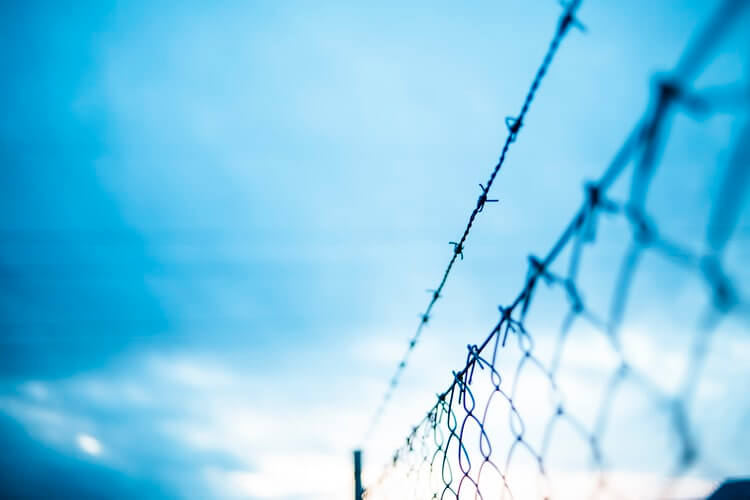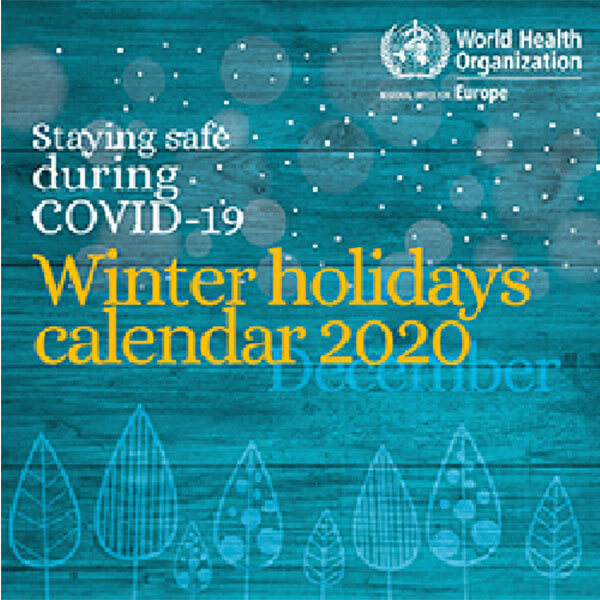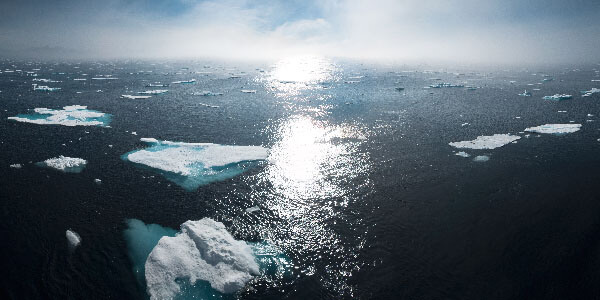This World AIDS Day let’s take stock of progress made and reflect on what we have learned. 2020 has not been an easy year for anyone amid the disruption and devastation brought by COVID-19.
The impact of the pandemic has been terribly unequal, with marginalized and vulnerable groups carrying the burden of this crisis.
When COVID-19 arrived in Europe our health systems were forced to adjust with unprecedented speed. In most countries this came at the expense of caring for patients suffering from other health issues, including HIV. As COVID-19 took hold, by July, we recorded 13% of countries in the WHO European Region reporting a risk of disruption to antiretroviral treatment services.
As we again battle a surge in COVID-19 cases, despite the heavy burden this already places on our health system and workforce, its essential we make efforts to reduce missed opportunities for preventing HIV and ensure continuity of testing, treatment and counselling services.
We have learned 3 important lessons this year that will help drive progress:
- Strong health systems are vital.
- Adequate HIV care includes mental health services.
- Solidarity and partnership are our way through this crisis.
Firstly, COVID-19 has reaffirmed our belief that strong health systems are central to protecting our communities. For these systems to be effective, they must be accessible to all. Aligned with our agenda for health in the Region 2020–2025, the European Programme of Work (EPW) represents a commitment to leaving no one behind. The provision of quality HIV services is key to achieving this.
People living with HIV are at a greatly increased risk of developing mental health conditions, often suffering from depression and anxiety. While people living with mental health problems can also be at higher risk of HIV.
As part of the EPW, I have identified mental health as a core need and priority. The WHO Reginal Office for Europe’s focus on mental health is being operationalized through a “Mental Health Coalition”, coming together under the auspices of Sustainable Development Goal Advocate, Her Majesty Queen Mathilde of Belgium. It brings together Member States and high-profile advocates, as well as service users, providers and innovators, to reform mental health services and fight stigma. By integrating HIV and mental health services we will be able to reach more people with the specialist care and life-saving support they urgently need.
And finally, for these efforts to be realized we need solidarity.
There is plenty of work for us all to do. HIV affects more than 2 million people in the WHO European Region. The 2016 “Action plan for the health sector response to HIV”, aims to end the AIDS epidemic as a public health threat in the European Region by 2030 in line with the Sustainable Development Goals. Partnership and solidarity with you all, with our member states, with policy-makers and with partners like UNAIDS, will be critical.
I echo this year’s World AIDS Day theme of “Global solidarity, shared responsibility”. Let us remember that no one is safe until everyone is safe. If we want a way through the crisis, we must bring everyone along. If we want to protect our communities from future crises, we must leave no one behind.














